Search
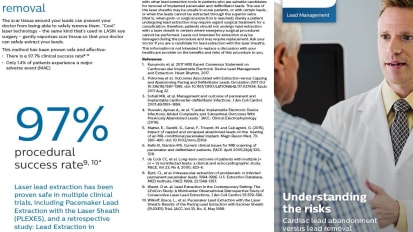 Document
Document
Patient Risk vs. Risk Brochure
From the 2017 HRS consensus statement, it is now a Class I indication to discuss the risks of lead abandonment and the risks of lead extraction with patients. Are you prepared to discuss the risks of both options with patients? Document
Document
See clearly. Treat optimally.
Visualize the best path forward with IVUS eyes Philips IVUS provides the visualization needed to gain deeper insights into the lesion and choose the best procedural path forward. Document
Document
Bridge occlusion balloon Two year data & updated protocol
The Endovascular Occlusion Balloon for Treatment of Superior Vena Cava Tears During Transvenous Lead Extraction: A Multi-Year Analysis and An Update to Best Practice Protocol Video
Video
Patient story with Dr. Eric Dippel
Dr. Eric Dippel, Interventional Cardiologist at Vascular Institute of the Midwest, tells a patient story that impacted his career. Document
Document
Philips managing leads. Leading change. A new era in lead management. Current trends in Lead Management.
This presentation covers the growing need for a comprehensive lead management program: infection, redundant, occlusion, MR Conditional, new technologies and malfunction. Document
Document
Philips Risks and considerations of cardiac lead extraction
The brochure covers shared decision-making with physicians, considerations of lead extraction as well as risks of capping a lead.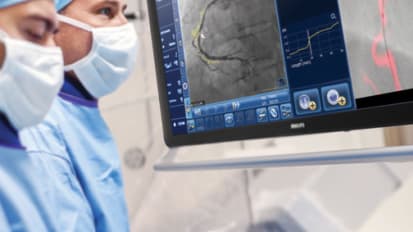 Document
Document
iFR: Proven outcomes. Superior value.
Philips is dedicated to the advancement of physiology guided PCI. Since the introduction of hyperemia-free iFR modality in 2014, iFR has been studied in nearly 15,000 patients and used in over 4,000 cath labs around the world.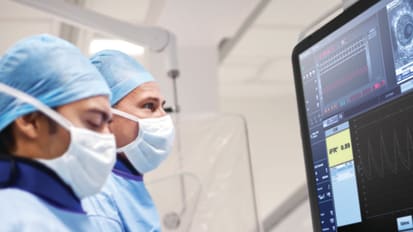 Document
Document
Proven outcomes. Superior value
iFR in a class of its own. Only iFR has clinically validated patient outcome data in the largest physiology studies ever conducted. No other resting index has patient outcome data to support its use.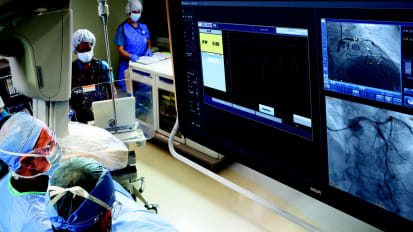 Document
Document
LAD deferral is safer with iFR
Summary of the DEFINE FLAIR LAD Sub-study data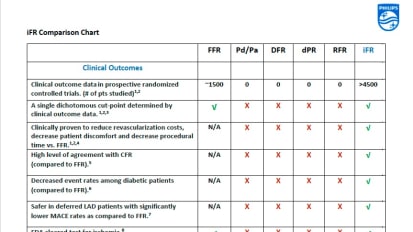 Document
Document
iFR Comparison Chart
iFR Comparison Chart, clinical outcomes.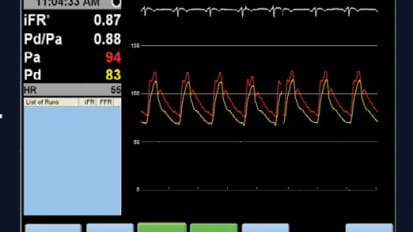 Document
Document
Recommended iFR Co-registration workflow
Brief overview of the recommended iFR co-registration workflow.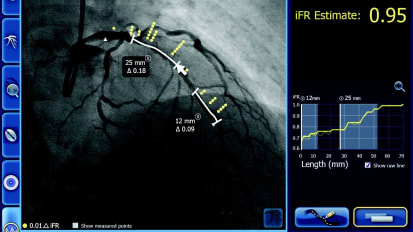 Document
Document
DEFINE PCI Unseen focal lesions cause residual ischemia
1 in 4 patients with angiographically successful PCI left the cath lab with residual ischemia.Of the patients with residual ischemia, 81.6% were caused by an untreated angiographically inapparent physiologically focal stenosis (? 15 mm).
